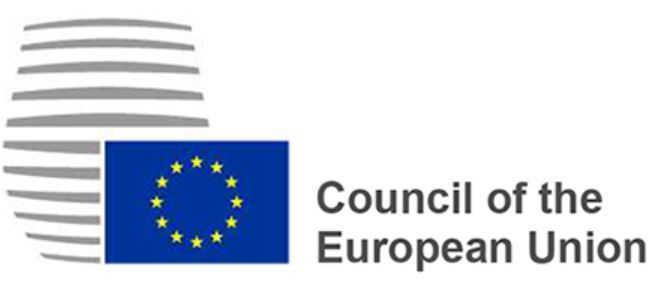EIB Global invests €25 million in Amethis Fund III to promote sustainable growth of African businesses

The EIB has so far invested nearly €3 billion in equity funds with a geographic focus on Africa. In 2023, close to 60% of the EIB’s fund investments were in Africa. Amethis has supported the growth of more than 30 African companies employing more than 40 000 people.
The EU has been, is and will remain a reliable security partner for Africa

After eleven years of presence, all EU personnel from the EU Training Mission in Mali are back in Europe. However, the EU remain firmly committed to the region: the people of the Sahel deserve peace and development and the EU is ready to accompany them on this journey whenever and wherever they wish. Beyond the Sahel, the EU is and will remain a reliable security partner for Africa.
EIB Global announces €450 million in support for Tunisia at Tunisia Investment Forum 2024

The €170 million Tunisia Economic Recovery credit line will back micro, small and medium-sized enterprises. This financing goes hand in hand with an €8 million EU grant. A €210 million loan has been granted to create a dual carriageway between Sfax and Kasserine to improve regional connectivity and promote balanced economic growth. A €45 million loan has been approved for the ELMED Italy-Tunisia electricity interconnection project. There will also be a €25 million EU grant for school modernisation.
EUMPM Niger: Council decides not to extend the mandate of the mission

The Council today decided to not extend the European Union military partnership mission in Niger (EUMPM) beyond 30 June 2024, in view of the grave current political situation in the country.
Historic WIPO treaty adopted on intellectual property and genetic resources with strong support from countries in Africa

In a landmark achievement for international intellectual property law, the WIPO treaty on intellectual property, genetic resources, and associated traditional knowledge was adopted by consensus on 27th May. This milestone underscores the vitality of multilateralism in the field of IP.
Mauritania: BCI and EIB partner up to fund SMEs, with EU support

Just three months after signing a financing arrangement with the EIB, the BCI has already granted MRU 280 million (€6.5 million) in loans to five SMEs to support employment, entrepreneurship and access to finance for Mauritania’s women and youth.
Ambitious EU–Kenya Economic Partnership Agreement enters into force

On 1st July, the EU-Kenya Economic Partnership Agreement (EPA) has entered into force, representing a key milestone in the EU-Kenya Strategic Partnership.
EBCAM attends the 2nd Meeting of the European Commission Expert Group on Enhanced Coordination of External Financial Tools on 28 May 2024

EBCAM attends the 2nd Meeting of the European Commission
Expert Group on Enhanced Coordination of External Financial Tools
28 May 2024, Brussels
On 28 May, the European Business Council for Africa attended in person the 2nd Meeting of the European Commission Expert Group on Enhanced Coordination of External Financial Tools, an initiative of DG INTPA and DG TRADE to bring together the Export Credit Agencies (ECAs) and the Development Finance Institutions (DFIs) to contribute to the development of emerging markets by enhancing investments and trade.
The European Commission launches new migration partnership with Mauritania

On May 7, 2024, the European Union is strengthening the cooperation between EU and Mauritania by launching a migration partnership and dialogue. Commissioner for Home Affairs, Ylva Johansson together with the Mauritanian Minister of Interior and Decentralisation, Mohamed Ahmed Ould Mohamed Lemine, have signed a Joint Declaration launching an EU-Mauritania migration partnership.
EU-Kenya: Council takes final step to allow the implementation of the Economic Partnership Agreement

The Council adopted on May 30, 2024, a decision on the conclusion of the EU-Kenya Economic Partnership Agreement (EPA). This will boost trade in goods and create new economic opportunities, with targeted cooperation to enhance Kenya's economic development.




